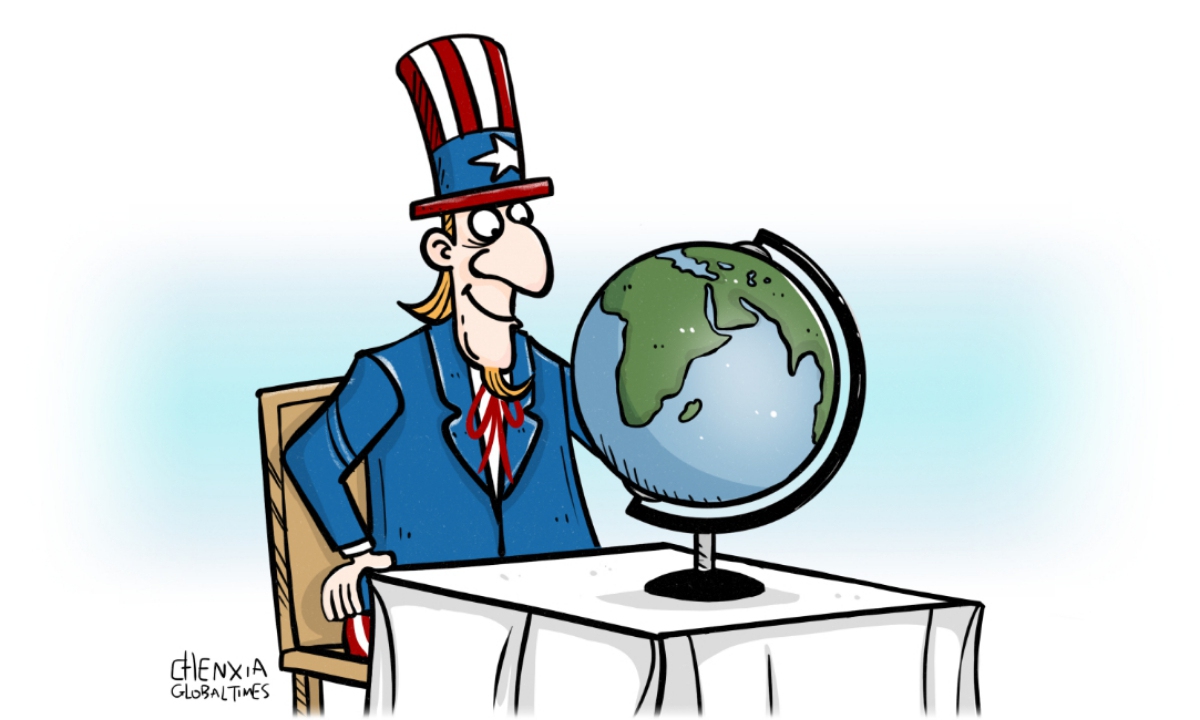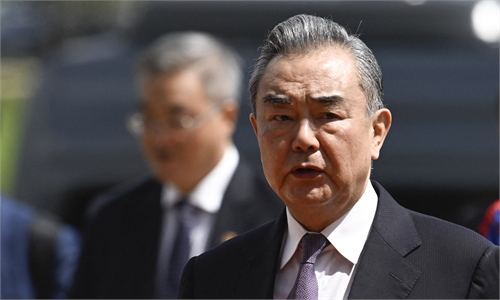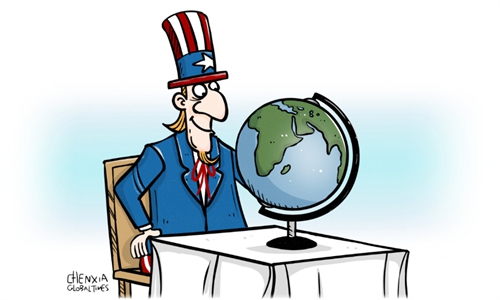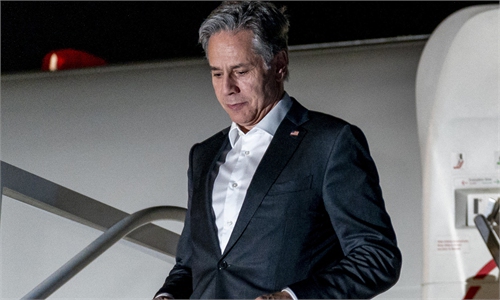
Illustration: Chen Xia/Global Times
Despite Washington's emphasis on adjusting its focus on Africa, it seems that US-Africa cooperation may still be a test of whether the US return to Africa can actually yield results or become just more empty talk.US Secretary of State Antony Blinken has begun a tour of four African countries this week. He is scheduled to visit Cape Verde, Cote d'Ivoire, Nigeria and Angola from January 21 to 26, the US Department of State said in a statement. During his visit, he will discuss US-African partnerships in trade, infrastructure, climate, food, health security and other issues.
Since Blinken's trip to Africa comes days after Chinese Foreign Minister Wang Yi's recent visit to the continent, the timing has led some Western media outlets to draw a connection between the Biden administration's attention to Africa and the US competition with China.
While Molly Phee, assistant secretary of state for African affairs, dismissed the idea that the US is trying to compete with China in Africa, saying it's the press "who frame this as a US-China soccer match," it is an undeniable fact that African issues often struggle to garner attention in Washington due to business factors.
This is also the fundamental reason why the US has had only slight engagement with Africa over the years. It is not hard to see that one of the key drivers of the Biden administration's increased engagement with Africa is the need to address what the US calls "competition" outside of the continent, rather than Africa's own development needs.
While the US appears to be working to address Africa's concerns over development issues, given its history of "much talk, little action" toward cooperation in Africa, it is questionable how sincere the Biden administration is in supporting Africa and strengthening economic partnerships with African countries.
For years, US-Africa trade has remained at a very low level, with a volume that's not comparable to that of the US with any of its top 10 trading partners. In 2000, US-Africa trade was $37.6 billion, and after more than two decades, that figure only came to $72.5 billion in 2022. In comparison, in 2000, trade between China and Africa stood at $10.6 billion, while in 2022, the figure surged to $282 billion. Needless to say, the gap in enthusiasm between China and the US in economic and trade exchanges with Africa is apparent.
Even though the US reportedly struck hundreds of trade and investment deals worth $14.2 billion with African nations in 2023, the credibility and sustainability of these investment promises are questioned among African countries, and the political conditions attached to US investments have often been seen as annoying.
Many African countries are dissatisfied with the US pressuring them to take sides in global affairs, such as the Russia-Ukraine conflict.
Compared with US-Africa cooperation, the advantages of China-Africa cooperation have been fully highlighted. The history of China-Africa cooperation dates back to the 1960s. China has been the most consistent partner and supporter of the continent's development.
In recent years, driven by the Forum on China-Africa Cooperation, the Belt and Road Initiative and other mechanisms, Chinese companies have made significant contributions to Africa's economic and social development, particularly in infrastructure and agriculture.
After China has invested heavily in Africa's infrastructure and economic development for decades, the US seems to have just realized the potential and importance of African countries. While US politicians have chosen to emphasize economic cooperation, their underlying geopolitical intentions in Africa are difficult to conceal.
In the meantime, with the rise of the "Global South," Africa's strategic focus and judgment have been strengthened. The US seeks to impress Africa, but a single visit alone cannot achieve that.



